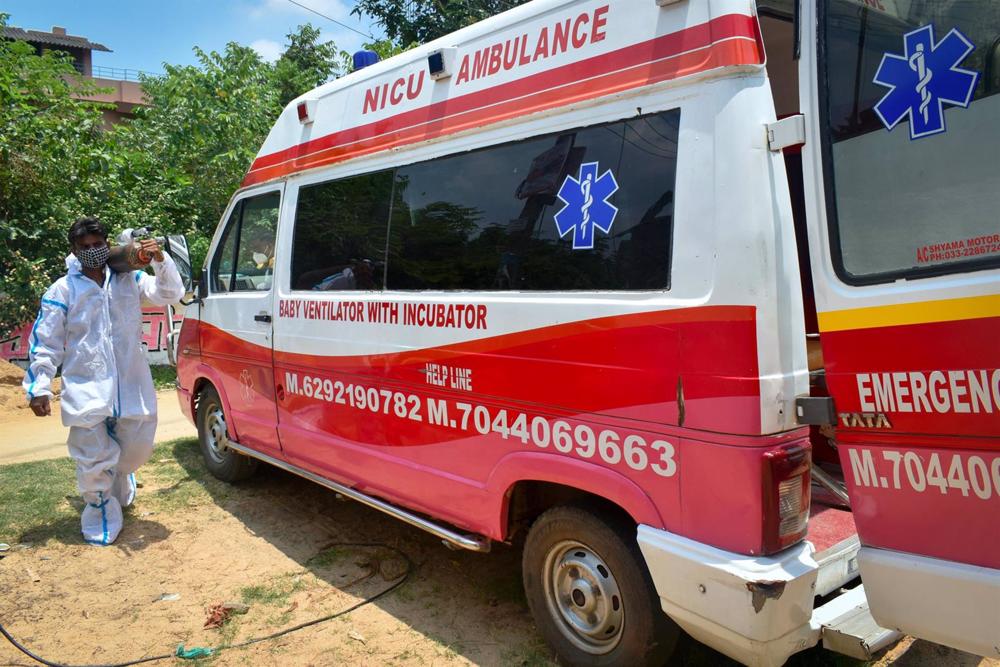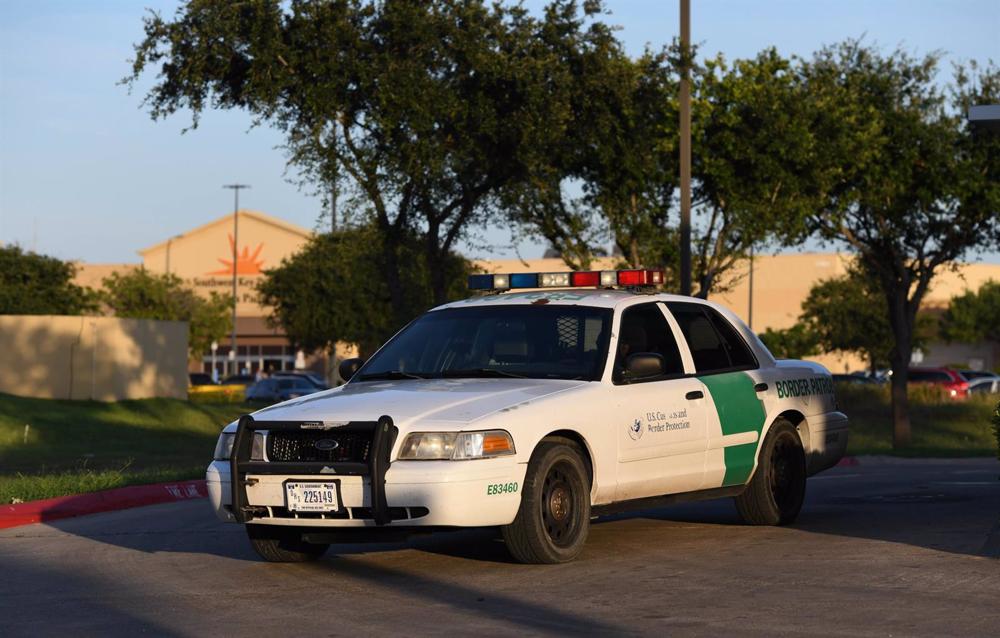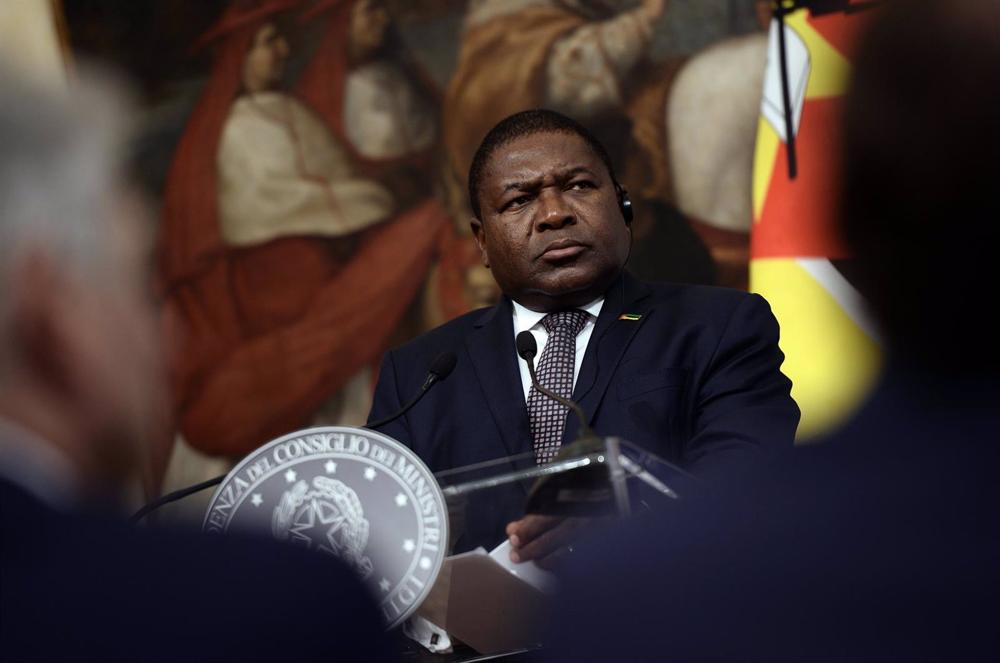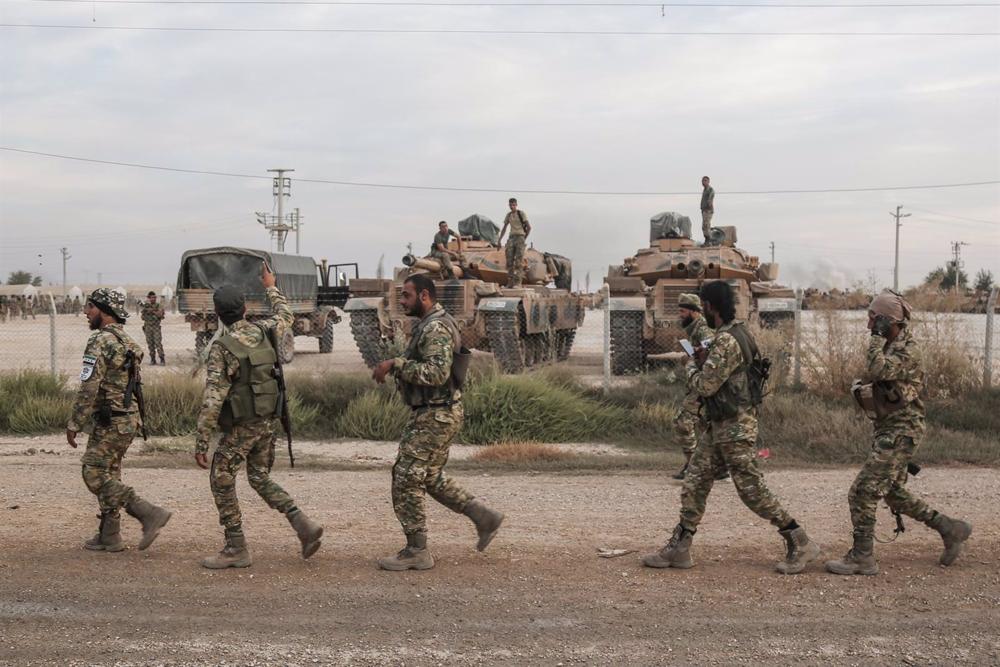
Nigerian authorities have indicated that six out of ten citizens are living in poverty, equivalent to more than 130 million people, amid a deepening humanitarian and security crisis in the country, the most populous on the African continent.
The National Bureau of Statistics (NBS) has published a report that shows that 133 million people, 63 percent of the population, are «multidimensionally poor», a study that has counted with the participation of several organizations, among them the United Nations Development Program (UNDP) and the United Nations Children’s Fund (UNICEF).
The organization pointed out that more than two-thirds of children – 67.5 percent – are also «multidimensionally poor», before emphasizing that 51 percent of the total number of poor people in Nigeria are children.
The document states that the Multidimensional Poverty Index is 0.257, which «indicates that poor people in Nigeria experience a quarter of all possible deprivations,» while detailing that the northern part of the country is the most affected by this crisis.
Thus, it specifies that 65 percent of the total, 86 million people, live in the north, while the remaining 35 percent, 47 million people, live in the south. «Poverty levels between states vary significantly, with the incidence of multidimensional poverty ranging from 27 percent in Ondo to 91 percent in Sokoto,» it specified.
The NBS has noted that «more than half of Nigeria’s population is poor and cooks with dung, wood or charcoal, rather than cleaner energy.» «There is great apparent deprivation at the national level in hygiene, sanitation, food security and housing,» he lamented.
«Overall, the incidence of income poverty is lower than the incidence of multidimensional poverty in most states,» he has said, before noting that «40.1 percent of the population is poor, according to the 2018/2019 national poverty line.»
In this line, he has stressed that «multidimensional poverty is higher in rural areas, where 72 percent of the population is poor, compared to 42 percent in urban areas,» according to the document published by the Nigerian agency through its website.
The report further notes that «the greatest deprivations are found in the child participation indicator, according to which more than half of poor children lack intellectual stimulation crucial for early childhood development.»
«Child poverty is prevalent in rural areas, with almost 90 percent of children in these areas experiencing poverty,» the NBS has pointed out, detailing that these figures are also higher in the northeast and northwest of the country, being lower in the southeast and southwest.
In these cases, the figures in the northwest and northeast show that 90 percent of children are poor, while in the southeast and southwest they fall to 74 percent and 65.1 percent, respectively. The incidence of multidimensional child poverty is above 50 percent in all states and exceeds 95 percent in Bayelsa, Sokoto, Gombe and Kebbi.
Nigeria is mired in a severe humanitarian crisis fueled by insecurity, especially in the northeast and other northern parts of the country, where jihadist groups such as Boko Haram and Islamic State in West Africa (ISWA), as well as criminal groups and armed gangs, are operating.
These groups have for years taken advantage of the northern population’s complaints of discrimination by the central government to swell their ranks and maintain a discourse of delegitimization of the authorities, who have responded with numerous security campaigns and promises to improve the humanitarian situation in these areas.






